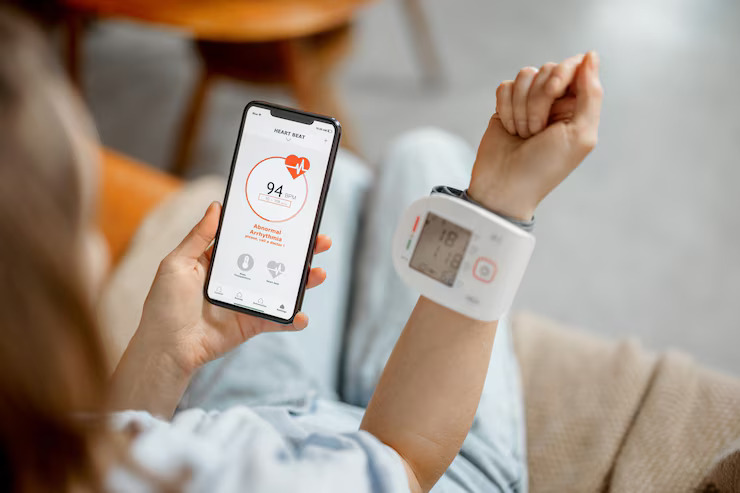In the realm of clinical trials, the significance of effective patient engagement cannot be overstated. It forms the backbone of a successful trial, impacting everything from patient retention to the overall quality of data collected. Understanding this, Delve Health is at the forefront of innovating patient engagement strategies, offering unique solutions that benefit patients, trial sites, and sponsors alike.
Why is the Right Patient Engagement Strategy Crucial?
- For Patients: Engagement is more than just participation; it’s about making patients feel valued and heard. When patients are actively engaged, they are more likely to adhere to treatment protocols and provide accurate feedback, leading to more reliable trial outcomes.
- For Clinical Trial Sites: Engaged patients reduce dropout rates, ensuring that trials have the necessary sample size and diversity for statistically significant results. This leads to efficient trial management and can significantly cut down on time and resources spent on patient recruitment.
- For Sponsors: From a sponsor’s perspective, effective engagement is synonymous with cost-efficiency and data integrity. Engaged patients mean smoother trials with more dependable data, ultimately leading to quicker, more cost-effective routes to market.
How Delve Health Innovates in Patient Engagement
Delve Health stands out with its novel approach to patient engagement, employing a range of strategies:
- Personalized Communication: Recognizing that one size does not fit all, Delve Health uses data-driven insights to tailor communications to individual patient needs and preferences, fostering a more personal connection.
- Integrative Technology: With an array of digital tools, including mobile apps and wearable device integration, Delve Health makes it easier for patients to stay informed and involved in their clinical trial journey.
- Remote Monitoring and Telehealth: Delve Health harnesses the power of telehealth and remote monitoring to maintain continuous, hassle-free patient contact. This not only improves adherence but also ensures patient safety and convenience.
- Educational Resources: Providing patients with accessible information about their trials and conditions empowers them to make informed decisions, enhancing their engagement and trust in the process.
- Feedback Mechanisms: Delve Health incorporates regular feedback loops, allowing patients to voice their concerns and experiences. This not only improves trial protocols but also makes patients feel like active contributors to the research.
- Personal Concierge Team: Delve Health’s unique approach includes a personal concierge team for each patient. This team provides a human touch, creating more personalized and supportive trial experience. They act as the primary point of contact, assisting patients throughout the study. This personalized attention ensures that patients feel supported, understood, and valued throughout the trial.
The Impact of Delve Health’s Strategy on Patient Retention
The overarching aim of Delve Health’s patient engagement strategy is to ensure high retention rates in clinical trials. By addressing the core needs and concerns of patients, Delve Health creates an environment where patients feel supported and understood throughout their trial journey. This support is crucial in maintaining their interest and involvement, ultimately leading to higher retention rates.
Conclusion
In conclusion, patient engagement is not just a nice-to-have in clinical trials; it’s a necessity. The right engagement strategy ensures that patients are not just passive participants but active, informed members of the trial. Delve Health’s innovative approach to patient engagement sets a new standard in clinical trials. By focusing on personalized care, integrative technology, and continuous feedback, Delve Health is redefining what it means to be a patient in a clinical trial. This not only benefits the patients but also enhances the efficiency and effectiveness of the trials, creating a win-win scenario for all parties involved.






































